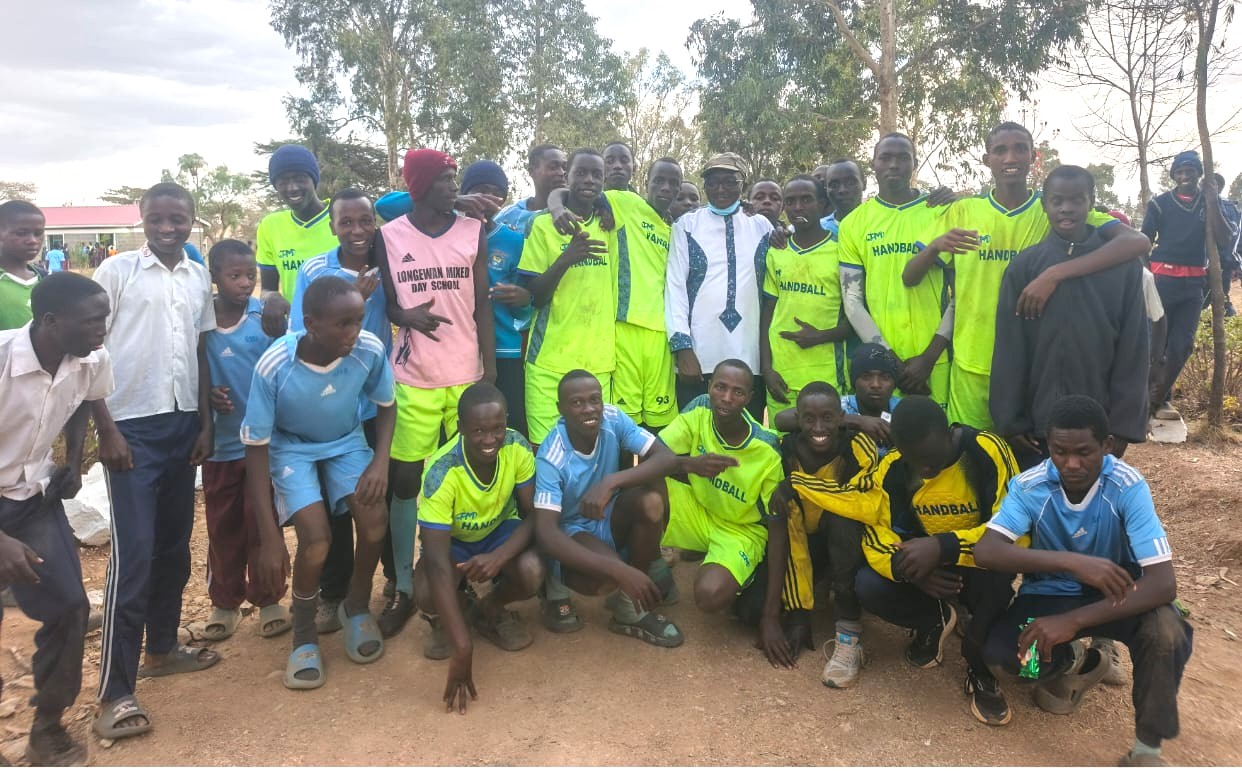Over 50, 000 senior school teachers and the Trainer of Trainees, ToTs have received their retooling allowances which was paid by the Teachers Service Commission.
This come amid allowances disparity outcry from the tutors, who have questioned the criteria used as their as their allowances vary even though they were retooled on the same programme.
“Some of us have received Ksh 2550 while another group Ksh 14000.We need to be clarified on the difference”, lamented Amuyungu, a senior school teacher from Nairobi region. After trying to reach his friends, the teacher decided to seek clarification from one of the sub county Directors from the city.
It is emerging that teachers have always been paid retooling allowances based on whether they teach in Special schools or units, regular Schools or are stationed in hardship gazetted areas.
ALSO READ:
Stakeholders urge gov’t to modernize teacher training, boost funding
Education news has established that SNE teachers were paid Ksh14000 .For the five days of retooling. Each one being paid Ksh2000 per day and a further Ksh4000 as transport reimbursement (Ksh2000 twice), while the rest of the regular teachers were paid Ksh500 per day for the five days they attended the training.
Different from the sne teachers, regular teachers training was not residential this attracting lower allowances. It was further established that, TSC paid a whooping Ksh31,500 to trainer of trainees who were majorly made up of officers from TSC, MoE, Cemastea and KICD.
During the August retooling exercise, TSC retooled over 50,000 senior school teachers in preparation for grade 10 roll out next year. It is also expected that the second phase of retooling is scheduled for December holiday immediately after the end of National exams.
By Naboth Murunga
You can also follow our social media pages on Twitter: Education News KE and Facebook: Education News Newspaper for timely updates.
>>> Click here to stay up-to-date with trending regional stories
>>> Click here to read more informed opinions on the country’s education landscape






